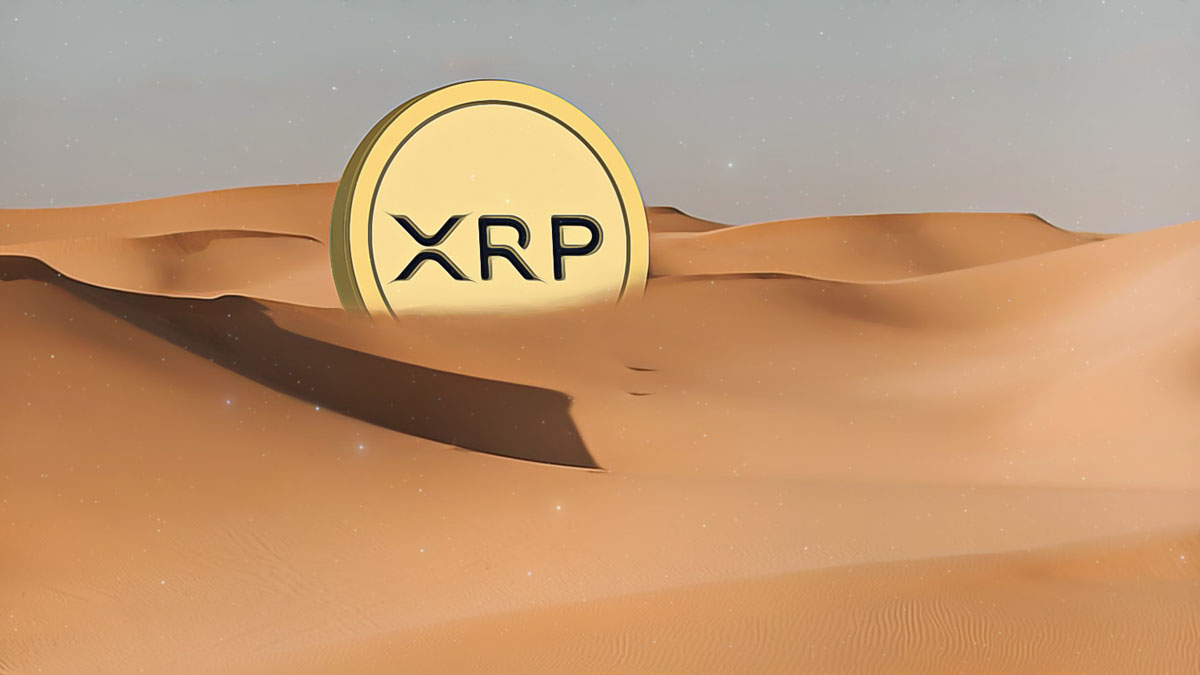Major shifts are occurring in the financial sector, driven by teams eager to seize current opportunities. As cryptocurrency values rise, significant announcements emerge. Ripple has recently taken a bold step to differentiate itself within the altcoin market through a notable initiative.
What Service Does Ripple Provide with This Fund?
Ripple’s latest endeavor involves launching a tokenized money market fund on its Ledger network. This initiative not only highlights Ripple’s ambition but also marks a significant step in the tokenization of real-world assets, a sector expected to see remarkable growth. Ripple aims to cater specifically to financial institutions by offering innovative blockchain services.
How Will This Impact the Financial Landscape?
The fund, managed by UK asset manager abrdn, is now accessible through Archax, the first FCA-regulated digital asset exchange. This tokenized money market fund is a portion of abrdn’s $3.8 billion Liquidity Fund (Lux) and stands as the first of its kind on the XRP Ledger. By 2030, the market for real-world assets could soar to $16 trillion, with Ripple seeking to expand its market presence against established players like Ethereum.
Key insights from Ripple’s announcement include:
- The launch of the first tokenized money market fund on the XRP Ledger.
- Direct access provided by Archax, enhancing liquidity in the digital asset market.
- Ripple’s ambition to capture a share of the growing $16 trillion market for real-world assets.
- Potential for XRP to retest highs above $1.50, depending on Bitcoin‘s performance.
With these advancements, Ripple is positioning itself strategically in a rapidly evolving financial landscape, showcasing its commitment to innovation and market leadership.












